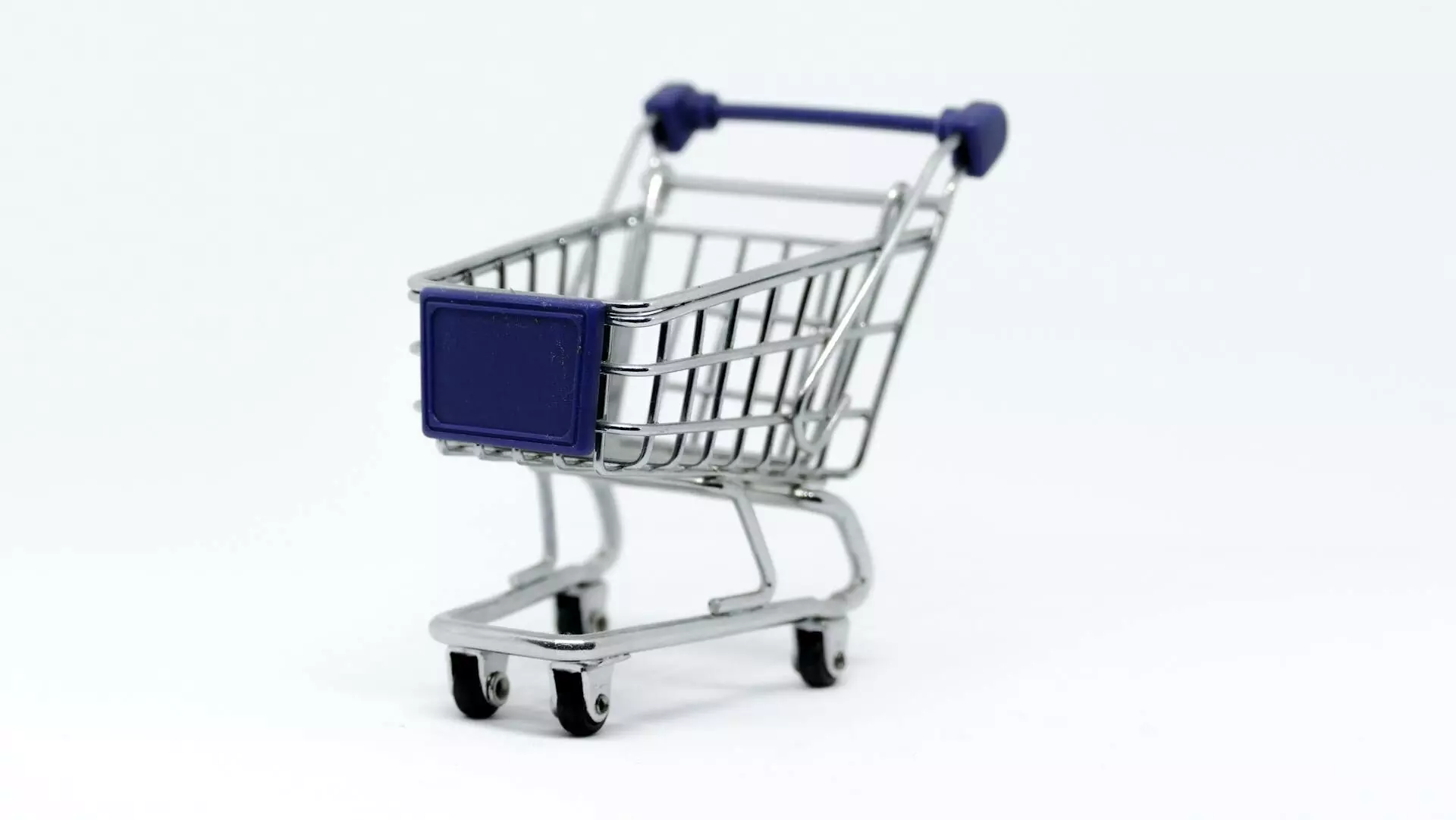What Is Age Gated Ecommerce and Why It Matters
image for illustrative purpose

The Basics of Age-Gated Ecommerce
Put simply, age-gated ecommerce restricts access to products meant for specific age groups, like tobacco or gaming content. Businesses use tools to verify buyers’ ages before allowing purchases, often integrating ID checks at checkout.
This process aligns with legal regulations, such as the UK’s Online Safety Act, while keeping customers out of harm’s way. It also applies to ad placement and website accessibility, where restrictions prevent exposure to underage users.
Beyond legality, this system builds credibility with customers by showing a commitment to responsible selling practices. With the right setup, age-gating can protect your business and audience without creating friction in the shopping experience.
For businesses that want to elevate their visual presence while staying compliant, backlit film printing from Printmoz offers a sleek and professional way to display age-restricted product messaging in storefronts or trade show setups.
Understanding Compliance and Legal Requirements
Compliance in age-gated ecommerce means meeting laws that regulate the sale of restricted products, such as alcohol or adult content. Businesses must comply with state, national, and platform-specific regulations to avoid fines or shutdowns.
This includes verifying buyer ages using approved methods, such as government ID checks. Also, sellers using third-party fulfillment services must source from a compliant provider. For instance, using tools that offer adult goods dropshipping integrations helps ensure your inventory is up to standard from a legal standpoint.
Adhering to these regulations enables businesses to create safer environments for buyers while avoiding potential liabilities associated with non-compliance in restricted product categories.
How ID Verification Tools Work Online
Online ID verification tools confirm a buyer’s age through automated processes. These systems scan documents, such as driver’s licenses, passports, or government IDs, at checkout.
Some platforms also match user-provided data with third-party databases to instantly verify eligibility. Advanced methods include biometric checks, like face scans that compare live images to stored ID photos.
These tools strike a balance between security and convenience for both sellers and customers. By integrating reliable verification software into their stores, businesses ensure compliance without disrupting the shopping experience. It also protects minors from accessing restricted items while safeguarding retailers against potential legal issues.
Avoiding Ad Policy Violations for Restricted Products
Effective advertising requires a strategic approach, and for age-restricted products it must include careful adherence to platform rules. Social media and search engines have strict policies governing the promotion of alcohol, vaping products, or adult content.
Advertisers must target legal-age audiences using precise demographic filters. Many platforms demand clear disclaimers in ad copy and prohibit certain imagery or wording altogether.
Failing to comply can result in bans or account suspensions. Studying each platform's advertising guidelines and regularly updating campaigns means businesses can avoid costly mistakes.
Final Thoughts
In short, age-gated ecommerce safeguards both businesses and consumers by ensuring legal compliance, secure transactions, and responsible practices.
With the right tools for verification, advertising, and sourcing, sellers can protect their operations while maintaining trust with buyers. A thoughtful approach turns restrictions into opportunities for growth in regulated markets.

